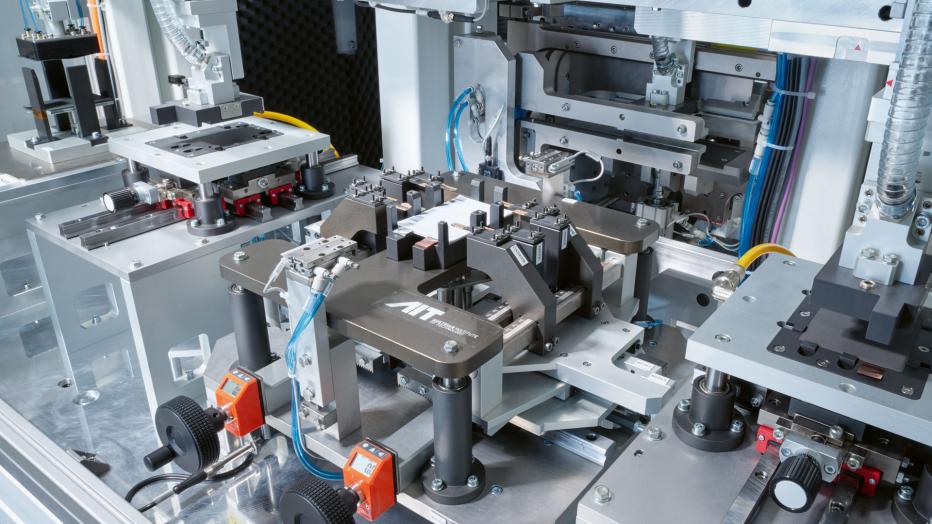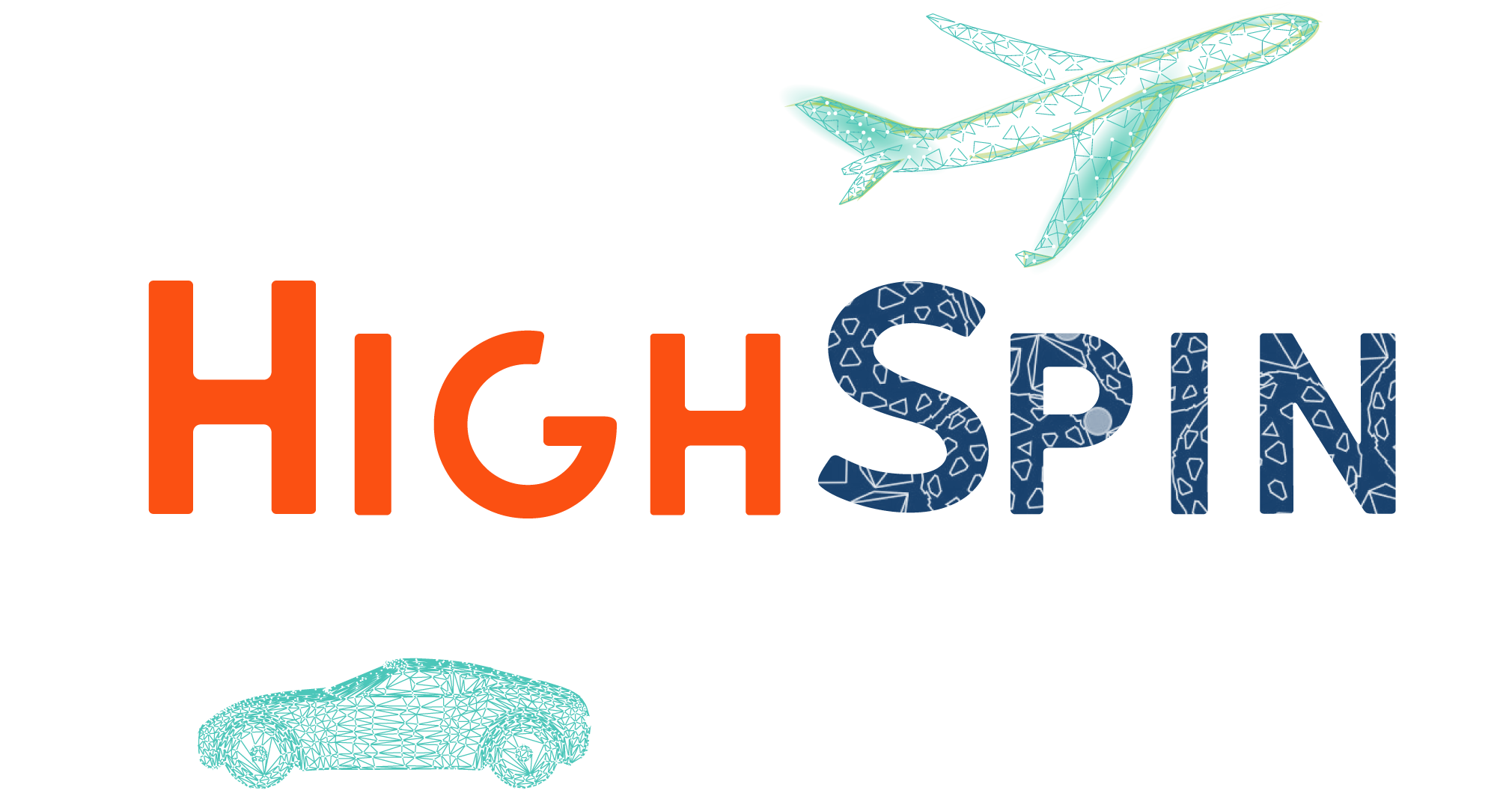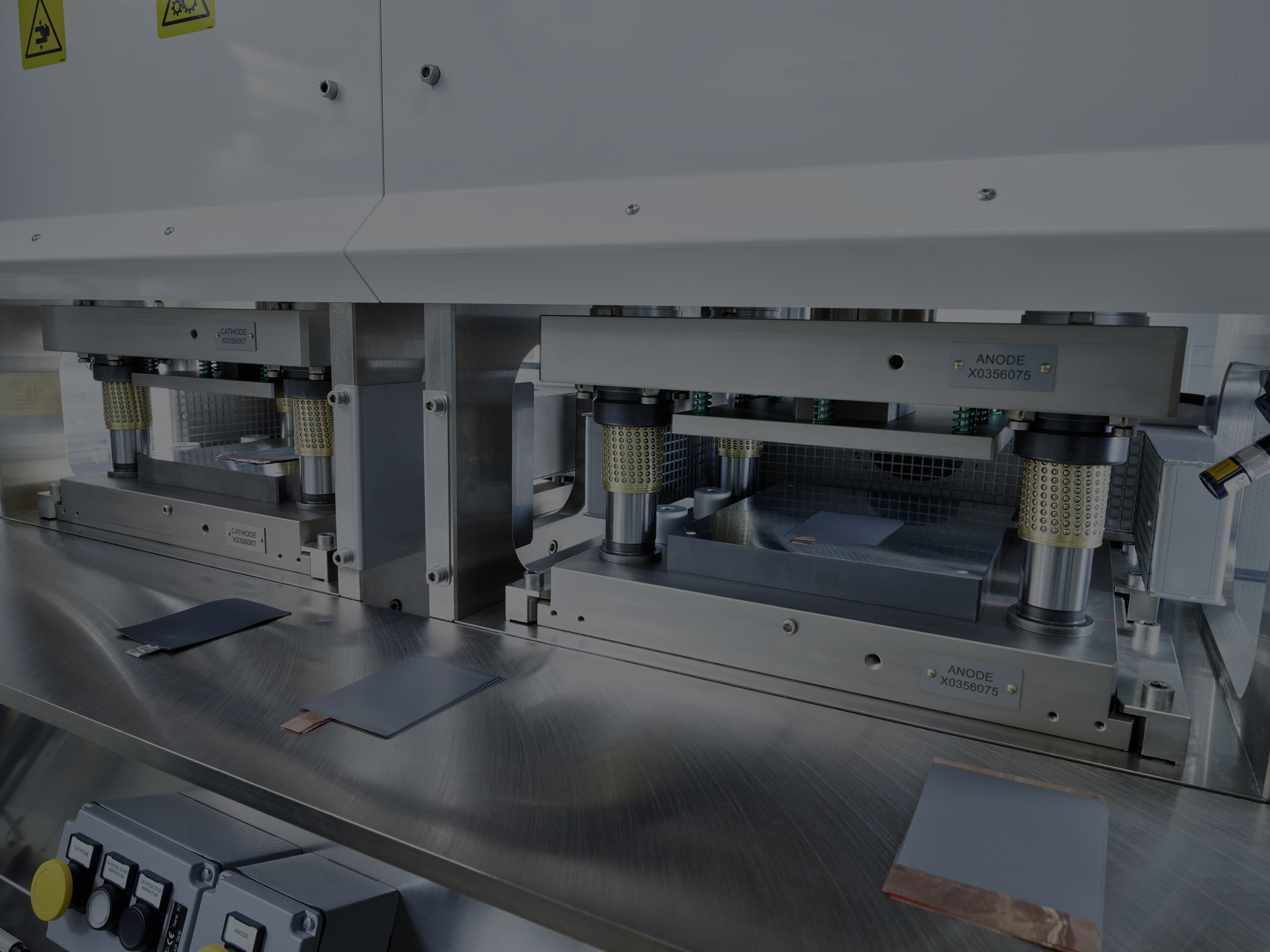In a groundbreaking effort to advance electric aviation and vehicle technology, the HighSpin project is pioneering the development of high-energy-density batteries. Led by the Austrian Institute of Technology and supported by a consortium of 12 partners across Europe, HighSpin aims to achieve an energy density of 390 watt hours per kilogram (Wh/kg), a substantial improvement over current lithium-ion batteries which typically offer around 200 Wh/kg.
The project’s key focus lies in creating batteries that are cobalt-free, easily recyclable, and compatible with existing manufacturing processes. By employing silicon-graphite anodes, lithium nickel manganese oxide cathodes, and a liquid electrolyte, HighSpin aims to enhance the performance of electric vehicles and aircraft. This innovation not only promises to significantly reduce battery weight—potentially cutting it from 140 to 80 kilograms for certain aircraft models—but also to extend vehicle ranges and efficiency.
Beyond performance gains, the project emphasizes sustainability through efficient battery recycling. By integrating mechanical, chemical, and thermal recycling methods, HighSpin aims to establish a circular economy model for battery production and end-of-life management. This approach supports Europe’s commitment to sustainable technology and positions HighSpin as a pivotal initiative in advancing cleaner, more efficient mobility solutions.
As HighSpin progresses, its innovations in energy storage technology are expected to pave the way for future advancements, demonstrating Europe’s leadership in electric mobility and sustainable innovation.



